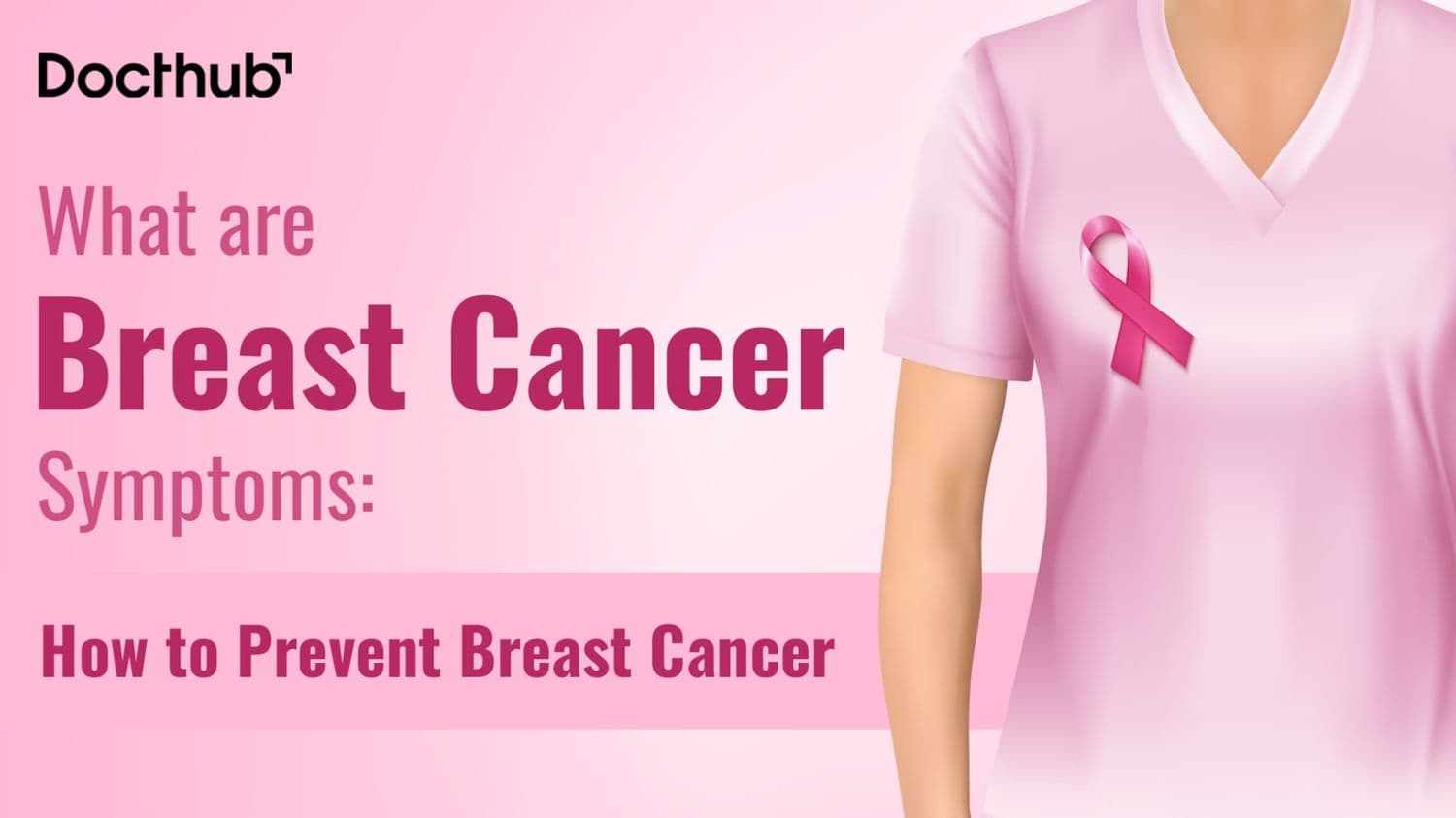B.Sc. Nursing or B.Sc. Radiology Which is Better?
Choosing between a career in B.Sc. Nursing and B.Sc. Radiology is a crucial decision within the medical field. Both programs focus on patient care and offer promising avenues in healthcare. This blog provides you with a comparison of both courses and the pros and cons of the courses, helping you make a better choice that suits your aspirations.

B.Sc. Nursing equips you with the skills to provide essential medical care, making a significant impact on patients' lives. You'll become a crucial part of the healthcare team, with diverse opportunities in hospitals, clinics, and even research.
On the other hand, B.Sc. Radiology delves into the world of medical imaging, playing a pivotal role in diagnosing illnesses and conditions. As a radiology professional, you'll work with cutting-edge technology and collaborate with healthcare experts.
Both fields hold immense potential and offer fulfilling job opportunities. This comparison serves as a guide, shedding light on the unique aspects of each program, ensuring you choose the path that resonates most with your healthcare aspirations.
What is a B.Sc. Nursing course?
BSc Nursing is a 4-year undergraduate degree course that provides comprehensive nursing training. Open to students who have completed their 12th standard in the Science stream, this program is highly favored in India by those seeking healthcare careers.
It's a professional undergraduate nursing program distinct from diploma courses, emphasizing nursing and medicine as core functions.
This course offers graduates a wide range of opportunities in public and private hospitals. Beyond general nursing, students learn to care for infectious patients, gain expertise in medical procedures, and acquire ward coordination skills. This program equips them to play vital roles in healthcare.
What is a B.Sc. Radiology course?
BSc Radiology is a 3-year undergraduate program focusing on the branch of medicine that employs imaging techniques to diagnose diseases. It educates students in various radiographic methods to gather essential patient information.
To enroll in this program, students need a science stream background and a successful completion of 10+2.
BSc Radiology plays a pivotal role in the healthcare sector, preparing students for careers where they operate imaging equipment and aid in medical diagnoses through advanced techniques. This program equips students with the necessary skills to contribute to the field of radiology and healthcare.
B.Sc. Nursing vs. B.Sc. Radiology
Highlights
| Features | BSc Nursing | BSc Radiology |
| Course Name | Bachelor of Science in Nursing | Bachelor of Science in Radiology |
| Course Type | Undergraduate Degree program | Undergraduate Degree program |
| Course Duration | 4 Years | 3 Years |
Eligibility Criteria
| Features | BSc Nursing | BSc Radiology |
| Education Requirements | 10 + 2 in the Science stream | 10 + 2 in the Science stream |
| Major Subjects | Physics, Chemistry, Biology | Physics, Chemistry, Biology, and/or Mathematics |
| Minimum Age | 17 Years | 17 Years |
| Minimum Marks | Minimum of 45% | Minimum of 50% |
Fees
BSc Nursing: ₹2,000 - ₹2,00,000
BSc Radiology: ₹10,000 - ₹4,00,000
Admission Process
BSc Nursing: Entrance Exam Based
BSc Radiology: Merit-Based or Entrance Exam-Based
Syllabus
| BSc Nursing | BSc Radiology |
Year 1
Year 2
Year 3
Year 4
| Semester 1
Semester 2
Semester 3
Semester 4
Semester 5
Semester 6
|
Career Prospects
| BSc Nursing | BSc Radiology |
|
|
Salary Prospects
BSc Nursing: ₹2,50,000 - ₹5,00,000
BSc Radiology: ₹4,00,000 - ₹7,00,000
BSc Nursing or BSc Radiology Which is Better?
The decision between BSc Nursing and BSc Radiology depends on your interests and career objectives. Opt for BSc Nursing if you're drawn to nursing as a profession, while BSc Radiology is the path to take if you're inclined toward diagnostic imaging and medical technology.
Both fields are experiencing growth and demand within the healthcare industry, offering promising career opportunities. Advancement opportunities come with experience and further education.
Ultimately, the choice should reflect your passion and skills. In India, both nursing and radiology present rewarding career options, so choose the course that is suitable to you from Docthub.com. You can directly apply to those courses too.
FAQs
1. What is BSc Nursing, and what is BSc Radiology?
BSc Nursing is a 4-year undergraduate program that prepares students for nursing roles in healthcare, covering various aspects of patient care. BSc Radiology is a 3-year undergraduate program focused on diagnostic imaging and using radiographic techniques to diagnose medical conditions.
2. How do I decide between BSc Nursing and BSc Radiology as a career choice?
The choice between BSc Nursing and BSc Radiology depends on your interests and career goals. Opt for BSc Nursing if you want to oversee patients and be involved in the clinical sector, or choose BSc Radiology if you're interested in diagnostic imaging and radiographic techniques.
3. Which program has better job prospects?
Both BSc Nursing and BSc Radiology offer strong job prospects, with opportunities in healthcare, but specific job prospects may depend on factors like location and student preferences.
4. What are the educational requirements for each program?
The education requirements for BSc Nursing typically include a 12th with a Science stream, while BSc Radiology generally requires a 10+2 education with a Science stream.
5. Which program offers a higher earning potential?
Both BSc Nursing and BSc Radiology can offer competitive salaries. However, the salary in both fields depends on various factors, including location, experience, and individual qualifications.








